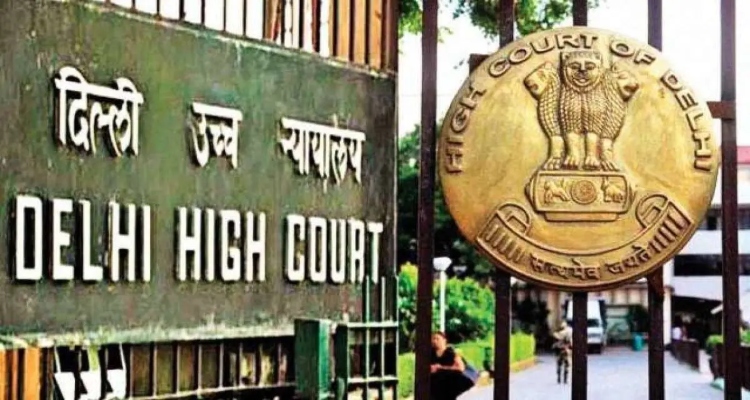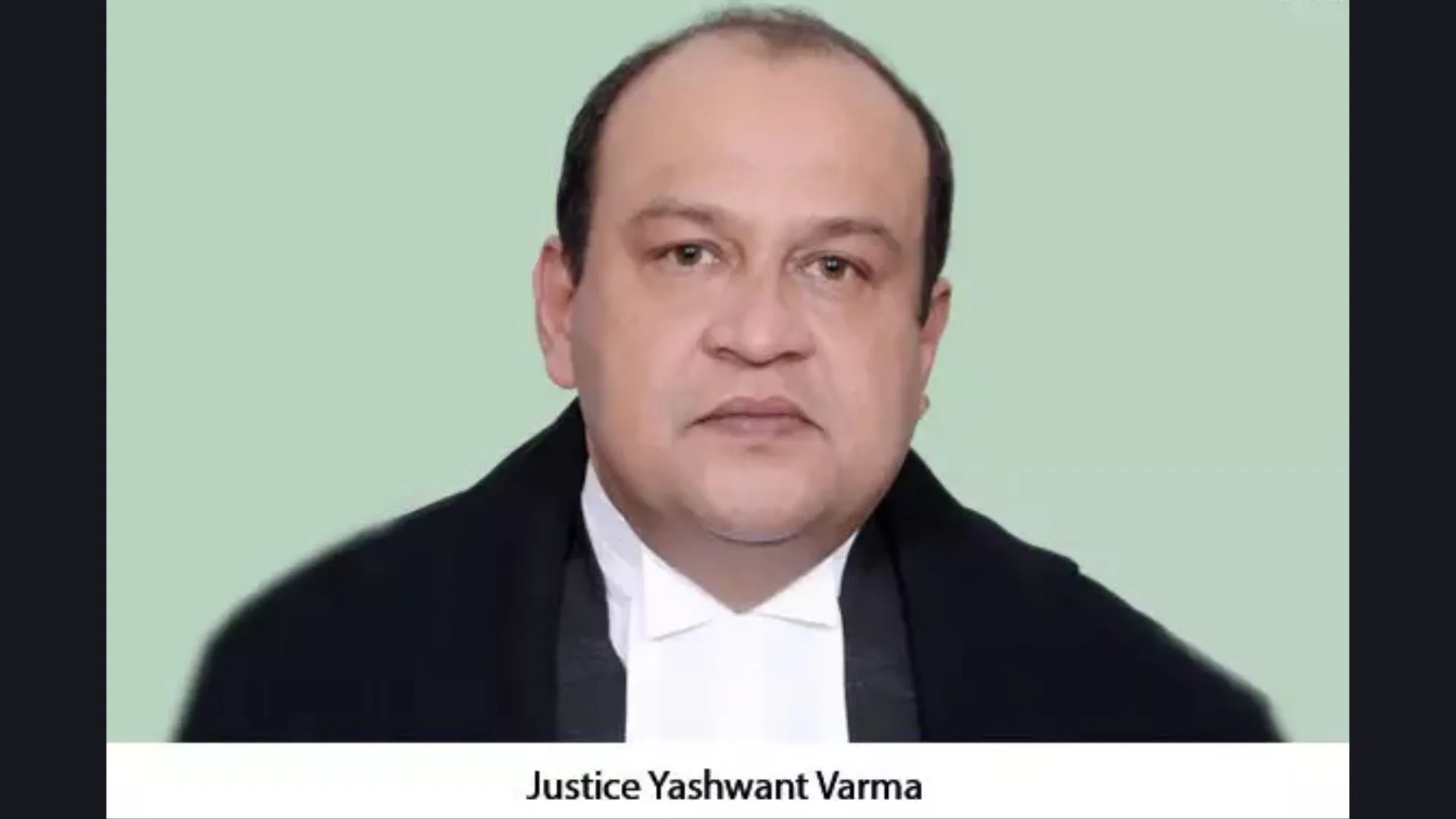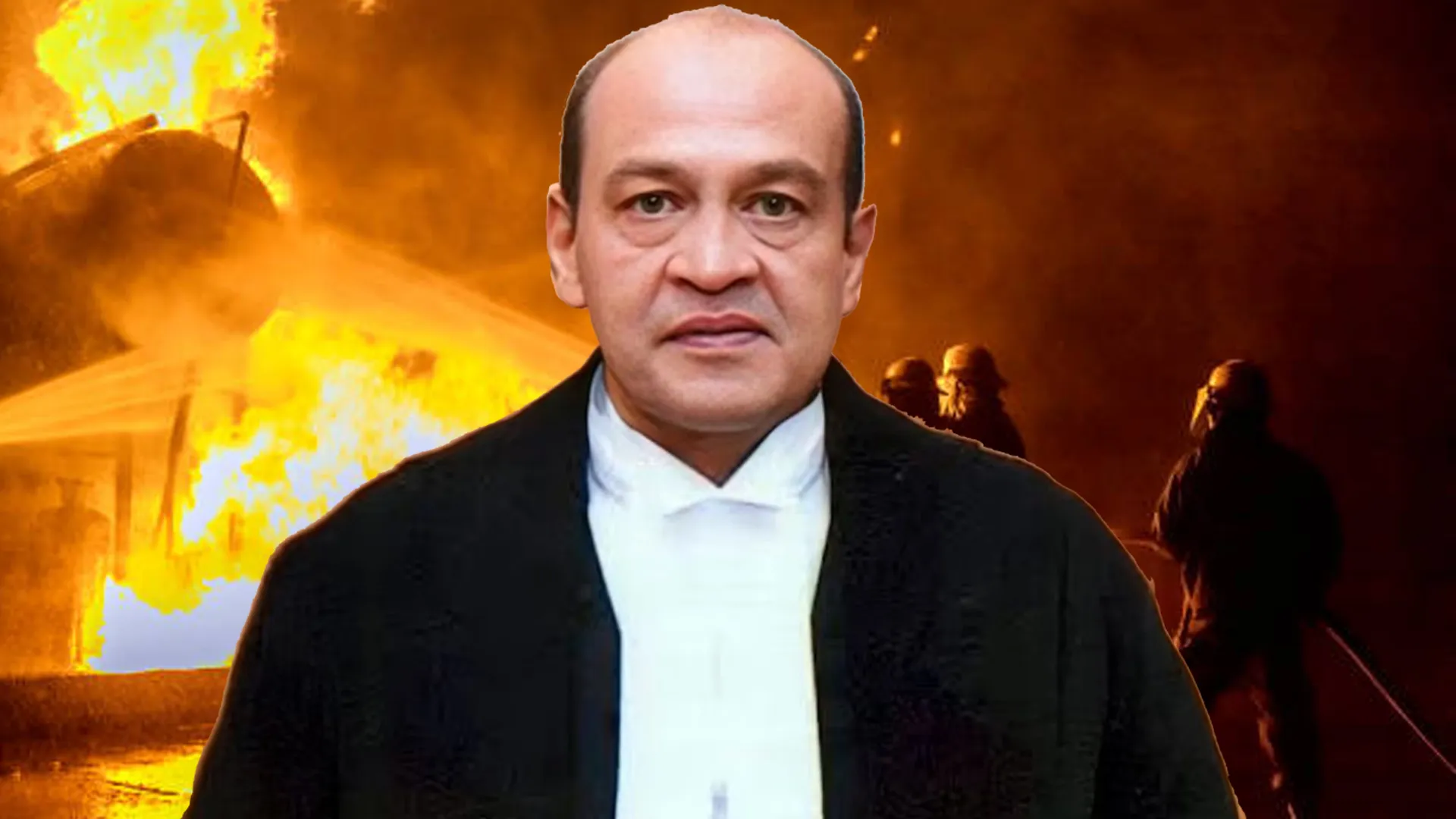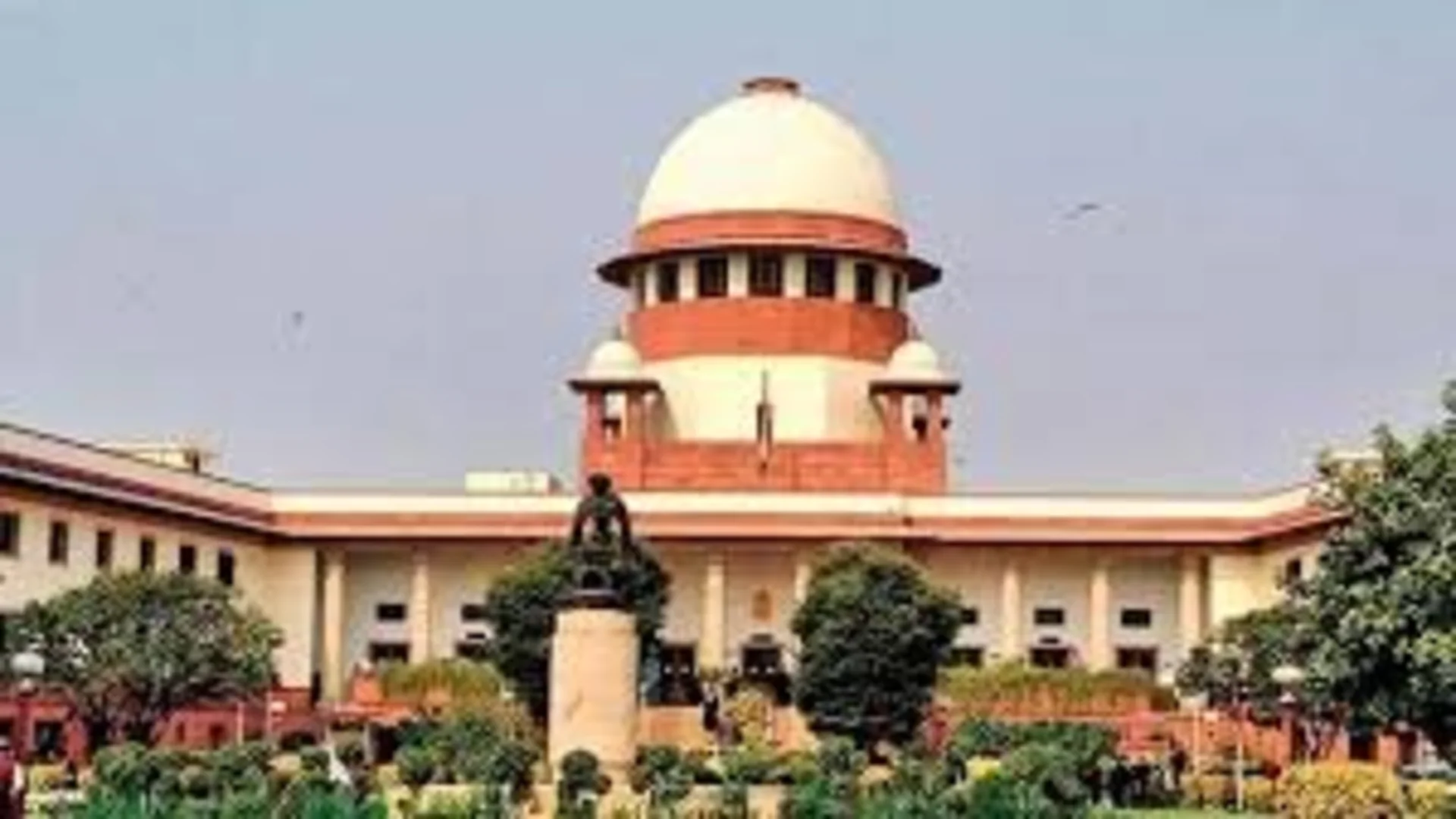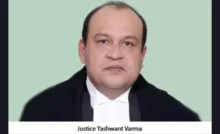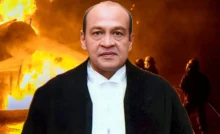The Delhi High Cout in the case Indigrid Technology Pvt. Ltd Vs Genestore India Pvt. Ltd observed and has held that fraud alleging regarding the internal management of the company does not go to the root of the contract. The single bench of Justice Jasmeet Singh in the case observed and has held that the dispute concerning the lack of authority to enter into a contract are arbitrable.
The bench in the case was hearing the petition filed under Section 11 of the Arbitration and Conciliation Act, 1996. The court held that it is only required to see the existence of an Arbitration Clause.
Facts of the Case:
The Petitioner approached the Delhi High Court filed under Section 11(6) of the Arbitration and Conciliation Act, 1996, the Arbitration At, wherein seeking the appointment of an arbitrator to resolve disputes arising from Binding Term Sheets.
The Binding Term Sheet, constituting the alleged contract between the Petitioner and Mr. Manjiv Singh, who being the chairman of the Respondent company, concerned the supply of medical equipment and oxygen concentrators.
The dispute arose as when it came to the notice that Mr. Singh lacked the authority to enter into such a binding term sheet on behalf of the Respondent company. Thus, the exchanged emails suggested that the supplied equipment went to another company, M/s Deckmount Electronics Pvt. Ltd., rather than of the Respondent company.
On the other hand, it has been argued by the respondent that due to alleged fraud committed by Mr. Singh, a complaint was filed against him and the Petitioner company, which leads to the issuance of an order under Section 156(3) Cr.P.C., wherein the court directed for the registration of an FIR. The respondent argued that giving the fraud allegations and the absence of a valid arbitration agreement between the parties the Respondent argued that the arbitration proceedings were not tenable.
Observations Made By High Court:
The High Court in the case observed and has held that the binding term sheet, forming the basis of the dispute, lacked execution on the letterhead or stamp of the Respondent company. Thus, the respondent in its reply acknowledged that Mr. Singh had an honorary appointment with the company, though clarifying that it was purely honorary and did not grant him the authority to take actions on behalf of the company.
It has also been held by the High Court that the question of Mr. Singh’s role and authority to bind the Respondent company was an internal matter that fell within the purview of the arbitrator. While the Respondent admitted to Mr. Singh’s honorary position, thus, the High Court held that the issue of authority should be determined by the arbitrator based on the evidence presented during the arbitration proceedings.
The High Court while addressing the fraud allegations raised by the respondent, distinguished the case from the precedent A. Ayyasamy (supra). The court emphasized that the alleged fraud pertained to internal management issues and does not strike at the root of the contract. The High Court appointed Mr. Anant Palli, Sr. Adv., as the Sole Arbitrator to adjudicate the disputes between the parties.
The counsel, Advocates Mr. Uttam Datt, Ms. Sonakshi Singh, Mr. Kumar Bhaskar and Mr. Aman Sanjeev Sharma appeared for the Petitioner. The counsel, Advocates Mr. Aman Nandrajog, Ms. Shreya Singh and Mr. Ujjawal Malhotra represented the respondent.


